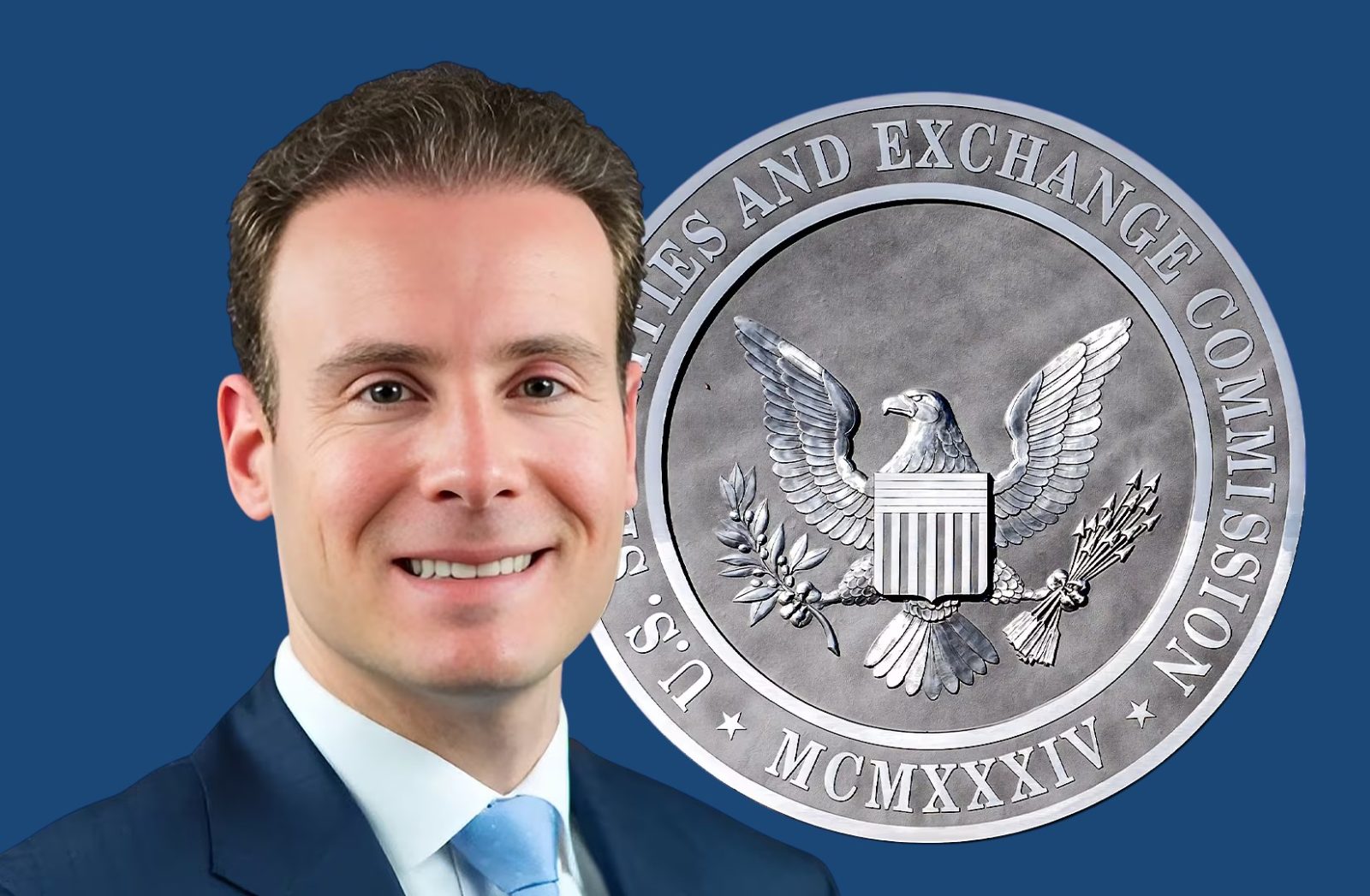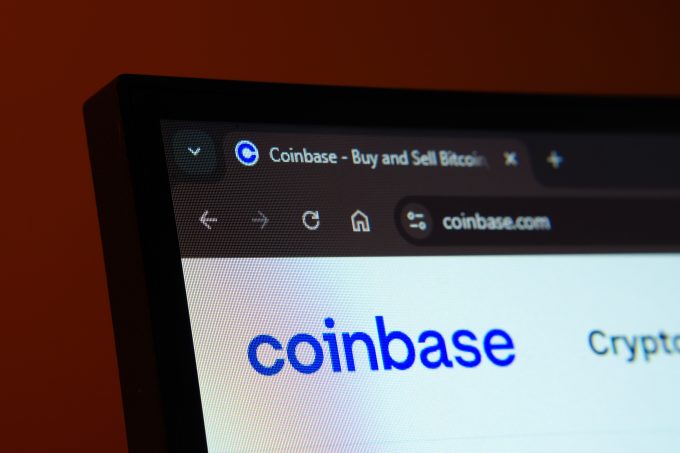President Donald Trump has nominated Michael Selig, chief counsel of the SEC’s crypto task force, to chair the Commodity Futures Trading Commission (CFTC) — a move that could redefine the balance of power in U.S. digital asset regulation. The decision, first reported by Bloomberg, underscores the administration’s growing alignment with the cryptocurrency industry at a critical moment for market structure reform.
Selig’s nomination follows the failed attempt to appoint Brian Quintenz, a16z Crypto’s global policy head, whose confirmation was derailed by industry opposition, including from Gemini co-founder Tyler Winklevoss. With Selig, Trump appears to be seeking a more institutional yet crypto-literate figure capable of bridging the gap between regulators and innovators.
Crypto Regulation at a Crossroads
The CFTC, which oversees futures, swaps, and derivatives markets, is set to play a pivotal role as Congress debates the Digital Asset Market Clarity Act (CLARITY Act) — landmark legislation designed to define how digital assets are categorized between the SEC and CFTC.
Selig, who currently serves under SEC Chairman Paul Atkins, has coordinated joint oversight initiatives between the two agencies, particularly in enforcement and market surveillance. Before his government service, Selig was a partner at Willkie Farr & Gallagher, advising on asset management and compliance. His nomination comes as institutional investors increasingly call for clearer rules on DeFi, stablecoins, and custody standards — areas where regulatory ambiguity has long stifled capital formation.
As of Friday, Bitcoin (BTC) traded near $68,200, up 1.8% on the day, while Ether (ETH) rose 2.3% to $2,520, reflecting cautious optimism that policy alignment could unlock new growth.
A White House Shift Toward Crypto Accommodation
Trump’s recent pardon of Binance founder Changpeng Zhao (CZ) further signaled a political recalibration toward the digital asset industry. In a statement, the White House characterized Zhao’s prosecution as part of a “prior administration’s war on cryptocurrency,” a sentiment welcomed by market participants but criticized by some policy analysts as overly lenient.
The move came as the crypto lobby intensified pressure on Congress to pass comprehensive reform. Coinbase CEO Brian Armstrong said the sector is “90% of the way there” toward legislative clarity, describing bipartisan negotiations as “very productive.”
Despite a partial government shutdown, lawmakers — including Chuck Schumer, Kirsten Gillibrand, Cynthia Lummis, and Tim Scott — advanced discussions on the bill, which previously cleared the House with a 294–137 vote. Key debates center on whether DeFi protocols should be regulated as intermediaries and whether stablecoin yield products can offer consumer rewards without banking restrictions.
Investor Sentiment: Between Relief and Realignment
Market sentiment has shifted from fear to cautious optimism. Institutional players interpret the Trump administration’s moves as a potential regulatory détente, but analysts warn of lingering volatility.
“The market is reading these signals as a green light for innovation, but investors should remember that clarity doesn’t equal leniency,” said Laura Shin, host of the Unchained podcast. “A stronger CFTC led by Selig could actually mean tighter compliance for derivatives and DeFi trading.”
Crypto indexes, such as the Galaxy Digital Index, have risen 7.5% month-to-date, but trading volumes remain 12% below their August peak — a sign that retail investors are still hesitant to re-enter aggressively.
Outlook: Opportunity Meets Oversight
If confirmed by the Senate, Selig’s leadership could accelerate interagency coordination and give the CFTC a central role in shaping the U.S. crypto market’s next chapter. Analysts expect the CLARITY Act to pass before year-end, which could cement the CFTC as the primary regulator for most digital commodities — a win for exchanges seeking predictable compliance pathways.
Yet the larger question remains whether Washington’s renewed openness will translate into sustained investor confidence. With Bitcoin’s halving less than six months away and institutional inflows resuming through ETF products, Selig’s appointment may define not just the regulatory tone but the next phase of America’s digital asset strategy.
Comparison, examination, and analysis between investment houses
Leave your details, and an expert from our team will get back to you as soon as possible













https://shorturl.fm/xJmKD